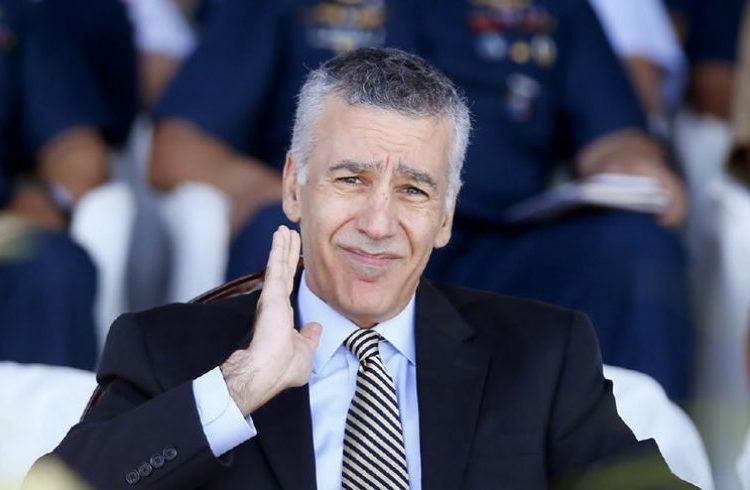The United States appointed Philip Goldberg as chargé d’affaires to Cuba. When he was ambassador to Bolivia, the diplomat was expelled in 2008 by President Evo Morales accused of conspiring against the government.
A spokeswoman from the Department of States’ Latin America Bureau, who requested anonymity, reported to EFE that it is programmed that Goldberg assume his functions as acting chargé d’affaires in the Embassy in Havana.
The U.S. government has always denied Morales’ accusations against Goldberg, but it responded to his exit and declaration of persona non grata with the expulsion of then Bolivian Ambassador Gustavo Guzmán.
The two nations have not had ambassadors again despite the fact that in 2011 they signed an agreement to normalize relations, which is why their topmost diplomatic representation level is their chargés d’affaires.
Goldberg was ambassador in La Paz from 2006 to 2008; between 2010 and 2013 he held the post of deputy secretary of state for intelligence and research; and between 2013 and 2016 he was ambassador to the Philippines.
In August 2016, two months before leaving that post, he was in the center of a controversy with Philippine President Rodrigo Duterte, who called him a “son of a bitch” and “gay” because the diplomat had criticized the president’s jokes about the rape and murder of an Australian missionary in one of the country’s prisons.
Government professor of the American University William LeoGrande, an expert on Cuba, commented to Reuters that appointing Ambassador Goldberg to head the U.S. Embassy in Cuba is rather provocative since he was expelled from Bolivia.
But, he added, Ambassador Goldberg is a Foreign Service professional and will skillfully represent the policies of the Trump government, time will tell if he has been ordered to follow in the footsteps of his predecessor…or carry out a more hostile policy.
With his designation it will already be the third time the United States changes its chargé d’affaires in Havana since the reopening of the U.S. Embassy in Cuba in July 2015.
The United States hasn’t had an ambassador in Havana since the normalization of bilateral relations because Congress did not submit to a vote former President Barack Obama’s appointment of Jeffrey DeLaurentis, the first chargé d’affaires, for the post.
Obama nominated him as ambassador to Cuba in September 2015, but the Republican opposition, which just like now controlled both the Senate and Congress, did not want to submit that appointment to a vote, and DeLaurentis was not confirmed.
In July last year, the Donald Trump government replaced DeLaurentis with Scott Hamilton as acting chargé d’affaires with the mission of strengthening the policies toward the island.
Hamilton left Havana with his family a short time afterwards due to the measures taken by the United States in response to the alleged attacks that affected 24 diplomats (and relatives of the diplomats) on the island between November 2016 and August 2017.
In September last year, Washington issued a warning for its citizens to not travel to Cuba and ordered the exit of the non-essential personnel of the embassy due to that crisis.
In Late October it sent a new acting chargé d’affaires, Lawrence J. Gumbiner, a diplomat with experience in Peru, Colombia, Costa Rica and Nicaragua, who will now be replaced by Goldberg for an undetermined time.
EFE / OnCuba










